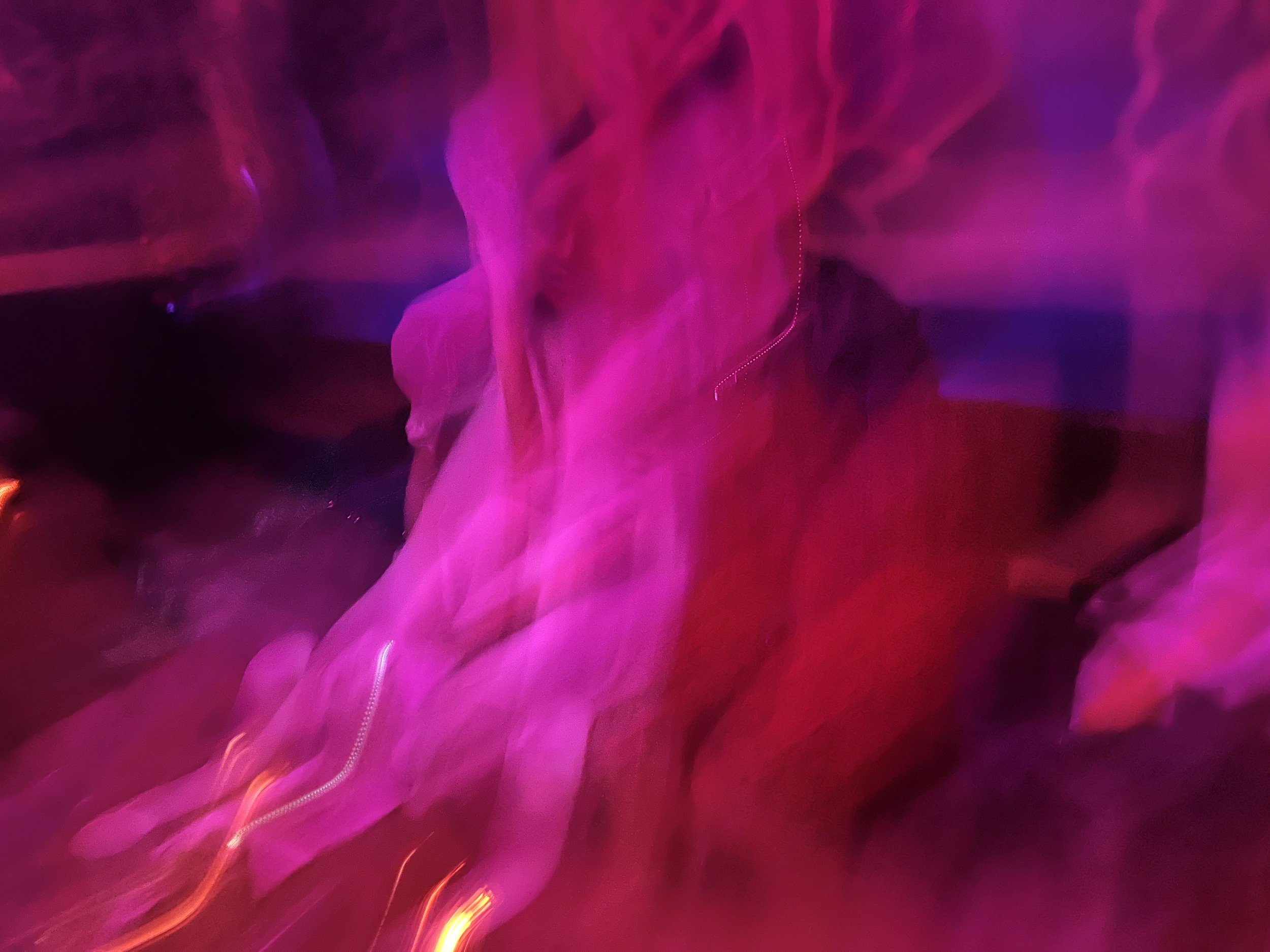
Honey Workshops
New Workshop
New Workshop
Pop Culture & Ekphrasis Workshop with Dr. Dorothy Chan
October 21st and 28th from 8-9:30 PM EST on Zoom
Fun Fact: Dr. Chan studied Art History at Cornell! This workshop will put both their art history and poetry knowledge to good use.
Pop culture and artistic references can enhance a poem, when included with skill, purpose, and wit. These references also reflect historical, political, and social contexts. In this two-part course, Dr. Chan will discuss the intersections between ekphrasis (poetry about works of visual art) and pop culture. They will guide attendees on how to write a poem that successfully includes both subject areas.
After this first class, students will be instructed to complete a poem that includes both ekphrasis and pop culture and email it to Chan before the next session on the 28th. At the end of this course, attendees will be given substantial revision notes on their poems, as well as techniques for future poems.
After the workshop, one lucky winner will be chosen to receive signed copies of two of Dorothy’s books, BABE and Revenge of the Asian Woman (Diode Editions)!
The Art of Refusal: A
Hybrid Workshop with [sarah] Cavar
October 25th and November 1st 6-8 PM EST on Zoom
This workshop, following The Offing’s successful Refusals series, will consider the vital role of refusal –– of genre, of form, of political submission –– in our writing lives and creative care practices. With readings by authors such as Rasha Abdulhadi, Akwaeke Emezi, Johanna Hedva, and Christina Sharpe, we will explore refusal in depth through the lens of the lyric essay, a form whose constitutive fractures, contradictions, and, often, opacities, render it a space to challenge cisheteropatriarchal, colonial demands of “logical” argumentation.
Students are asked to come to the first workshop session with a “research question” (no matter how broad) relevant to the politics of refusal, which may already have taken shape as a work-in-progress. We will spend this session reading assigned refusals, guided by the following lines of inquiry: what is the author refusing? What tools and strategies are they sharing with us? What is the set of conditions that allowed –– demanded –– this essay exist? The second session will feature a dialogue-based writing workshop (writers will not wear the cone of silence unless they choose to) and processing space/skill-share for writing, organizing, and surviving in times of global crisis.
Bio: [sarah] Cavar is an anti-zionist Jew who unequivocally supports Palestinian liberation by any means necessary. They are the author of Failure to Comply (featherproof books, 2024). Cavar is editor-in-chief of manywor(l)ds.place, and their work can be found in Electric Lit, The Rumpus, Split Lip Magazine, and elsewhere. A PhD candidate in Cultural Studies, they teach bicostally and live on the internet. Find them at www.cavar.club, @cavarsarah on twitter, and at librarycard.substack.com.
Past Workshops









